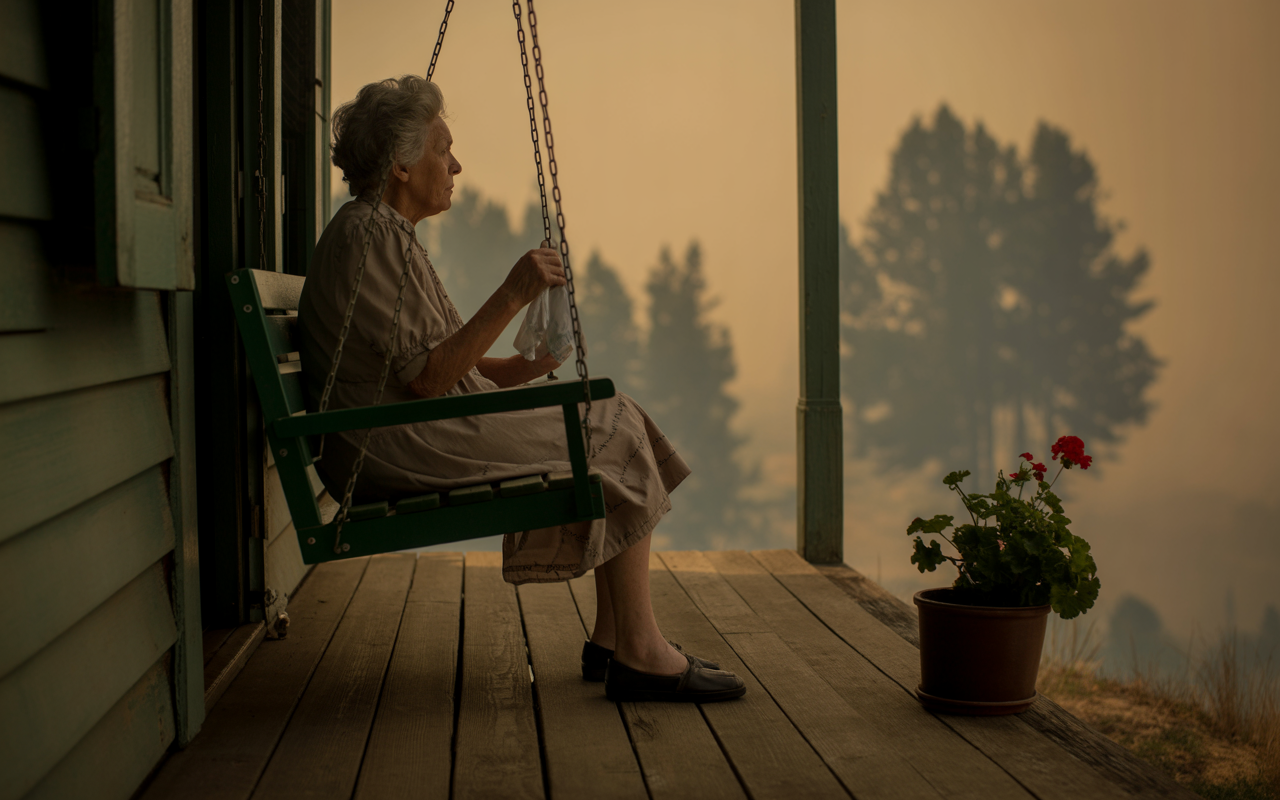Wildfire Smoke and Heat Waves Force Vulnerable Michigan Residents Indoors
The Cereal City Buzz
Archives
Wildfire Smoke and Heat Waves Force Vulnerable Michigan Residents Indoors
SIGN UP FOR OUR NEWSLETTER
Wildfire Smoke and Heat Waves Force Vulnerable Michigan Residents Indoors |
Rising temperatures and poor air quality pose significant health risks across the state |
Michigan residents are increasingly finding themselves confined indoors as wildfire smoke and heat waves create hazardous outdoor conditions.
In Grand Rapids, Stasia Cole, 60, who suffers from severe asthma, describes the air as "almost like it chokes you," leading to persistent coughing and difficulty breathing.
Similarly, in Brighton, 14-year-old Oscar Hauptman notes that during smoky days, "it feels like you get a less amount of oxygen intake," affecting his ability to participate in outdoor sports.
Recent data indicates that Detroit experienced temperatures reaching up to 35.6°C (96°F) in early August, with air quality advisories issued due to wildfire smoke drifting from Canada. ([axios.com](https://www.axios.com/2025/08/06/wildfire-smoke-health-2025-advisories-northeast-midwest?utm_source=openai))
Health experts warn that exposure to wildfire smoke can lead to respiratory issues, especially for vulnerable groups such as children, the elderly, and those with preexisting conditions. ([planetdetroit.org](https://planetdetroit.org/2025/06/wildfire-smoke-precautions/?utm_source=openai))
In response, Michigan Attorney General Dana Nessel has urged the Federal Emergency Management Agency (FEMA) to classify wildfire smoke and extreme heat as major disasters, enabling federal aid for affected communities. ([michiganadvance.com](https://michiganadvance.com/briefs/wildfire-smoke-and-extreme-heat-should-be-considered-major-disasters-by-fema-nessel-says/?utm_source=openai))
Residents are advised to monitor air quality indexes, limit outdoor activities during advisories, and seek medical attention if experiencing severe symptoms.
As climate change continues to influence weather patterns, the frequency and intensity of wildfire smoke and heat waves are expected to rise, necessitating proactive measures to protect public health. |

